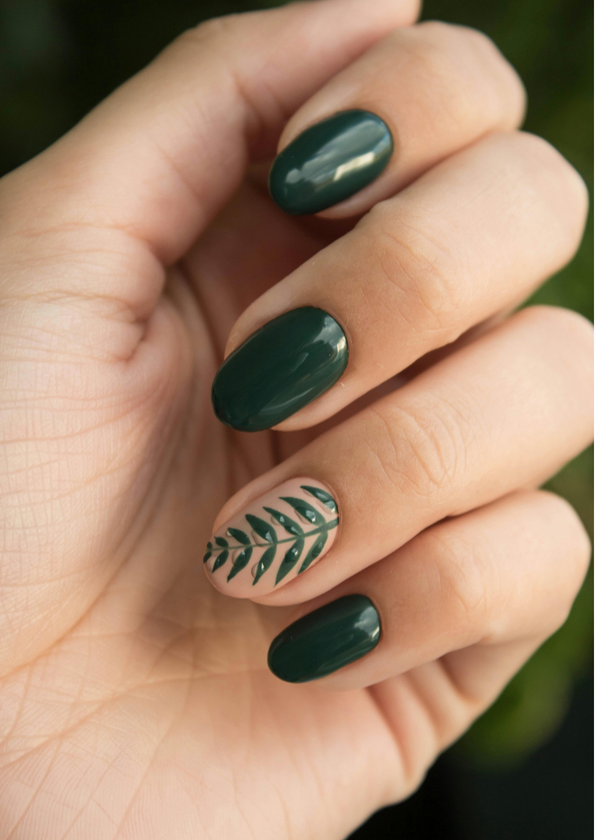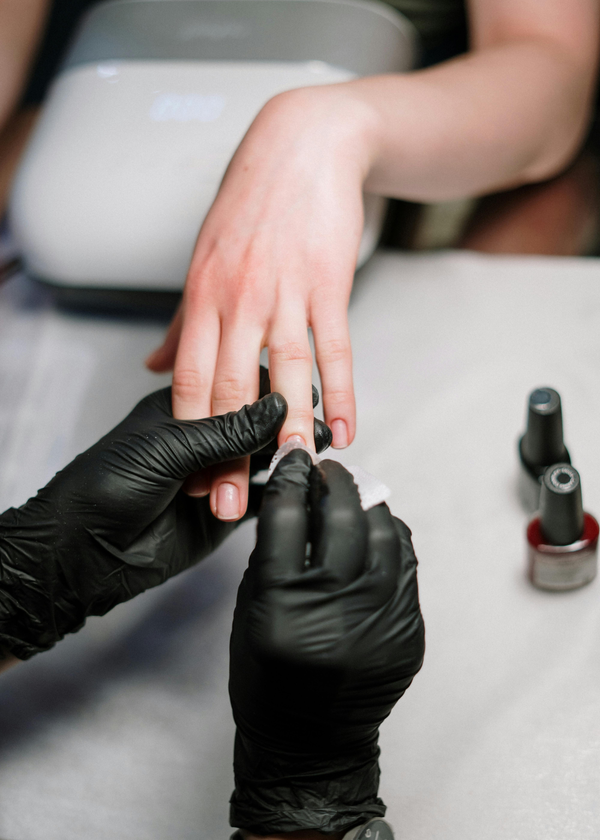Copper peptides have garnered significant attention in the skincare industry due to their purported benefits for skin health and rejuvenation.
These compounds, which combine copper with small protein fragments, have been lauded for their potential to stimulate collagen production, reduce the appearance of fine lines and wrinkles, and promote a youthful complexion.
However, some concerns have emerged over whether copper peptides can have the opposite effect - causing sagging skin. In this comprehensive article, we will delve into the world of copper peptides, exploring their mechanisms of action, benefits, and addressing the critical question:
Can copper peptides cause sagging?
I. Understanding Copper Peptides
Before we tackle the issue of sagging, it's essential to establish a foundational understanding of copper peptides. Copper peptides are small protein fragments that contain a copper atom bound to a peptide.
These compounds are naturally present in the body and play vital roles in various physiological processes, including wound healing and tissue repair.
When incorporated into skincare products, copper peptides are touted for their potential to improve the overall appearance of the skin.
- Mechanism of Action
Copper peptides work by promoting collagen and elastin production, which are essential components of youthful, firm, and elastic skin. Collagen provides structural support, while elastin helps the skin maintain its flexibility and resilience. As we age, collagen and elastin production naturally declines, leading to fine lines, wrinkles, and sagging skin. Copper peptides are believed to address this issue by stimulating the skin's natural regenerative processes.
II. The Benefits of Copper Peptides
Now that we have a basic understanding of how copper peptides work, let's explore the potential benefits they offer for the skin.
- Collagen Stimulation
Copper peptides have been extensively studied for their ability to increase collagen production. Collagen is crucial for maintaining the skin's firmness, and its loss is a leading factor in the development of sagging skin. By promoting collagen synthesis, copper peptides can help restore skin elasticity and reduce the signs of aging.
- Antioxidant Properties
Copper peptides also possess antioxidant properties, which can help protect the skin from damage caused by free radicals. Free radicals are unstable molecules that can damage skin cells, accelerate aging, and contribute to sagging. Copper peptides' antioxidant effects can counteract these damaging effects, helping to maintain skin health.
- Wound Healing
Copper peptides have long been used in the medical field to promote wound healing. When applied topically, they can aid in the repair of damaged skin, potentially helping to improve the appearance of scars and accelerate the healing of minor injuries, which might otherwise contribute to sagging over time.
- Reduction of Inflammation
Inflammation can contribute to skin aging and sagging. Copper peptides have been shown to have anti-inflammatory properties, which can help soothe irritated skin and reduce the potential for sagging associated with chronic inflammation.
III. Addressing the Concerns
While copper peptides offer numerous potential benefits for the skin, some concerns have arisen regarding their role in causing sagging. It's essential to address these concerns and evaluate the scientific evidence available.
- Potential for Excessive Stimulation
One common concern is that the stimulation of collagen production by copper peptides may be excessive, leading to the accumulation of disorganized collagen fibers. This concern arises from the idea that too much collagen may make the skin appear rigid or inflexible, potentially causing sagging. However, there is limited scientific evidence to support this hypothesis. In fact, properly formulated copper peptide products are designed to promote balanced collagen production without overstimulation.
- Misuse of Copper Peptide Products
Sagging skin can also be linked to the misuse of copper peptide products. Overusing or incorrectly applying these products can lead to irritation, redness, and other adverse reactions, which may contribute to skin damage and sagging. Proper usage guidelines should be followed to avoid these issues.
- Individual Variations
Individual differences in skin types and responses to copper peptides can also play a role in whether sagging occurs. Some individuals may experience different reactions to copper peptides, and what works for one person might not work as effectively for another. Personal factors such as age, genetics, and existing skin conditions can influence the outcome.
IV. Copper Peptides in Skincare
To benefit from copper peptides without the risk of sagging, consider the following guidelines:
- Choose High-Quality Products
Select reputable skincare products that contain copper peptides. High-quality formulations are carefully designed to deliver the desired benefits without overstimulating collagen production.
- Follow Usage Instructions
Adhere to the recommended usage instructions for copper peptide products. Overuse or improper application can lead to adverse effects.
- Incorporate Sun Protection
Wearing sunscreen is crucial for maintaining skin health and preventing sagging. Copper peptides can help repair the skin, but protection from harmful UV rays is essential to preserve the results.
- Combine with a Balanced Skincare Routine
Copper peptides can be integrated into a comprehensive skincare routine that includes cleansers, moisturizers, and other beneficial ingredients. This holistic approach can help you achieve the best results.
V. Scientific Studies and Evidence
It's important to consider the scientific studies and evidence available to address the question of whether copper peptides can cause sagging.
- Clinical Studies
Numerous clinical studies have investigated the effects of copper peptides on the skin. These studies have generally shown positive outcomes, with copper peptides improving the appearance of fine lines, wrinkles, and overall skin texture. Importantly, there is limited scientific evidence to support the notion that copper peptides directly cause sagging.
- Patient Testimonials
Many individuals have reported positive experiences with copper peptide products, highlighting their skin-enhancing benefits. Few, if any, testimonials point to sagging as a result of copper peptide use.
- Skincare Experts' Opinions
Skincare experts and dermatologists often recommend copper peptides as part of a comprehensive anti-aging regimen. Their professional experience and knowledge support the idea that copper peptides are more likely to combat sagging than cause it when used correctly.
Conclusion:
In conclusion, the idea that copper peptides can cause sagging is not well-supported by scientific evidence.
These compounds have been extensively studied and shown to offer numerous benefits for the skin, including collagen stimulation, antioxidant protection, and wound healing.
When used as directed and in conjunction with a balanced skincare routine, copper peptides can contribute to healthier, more youthful-looking skin.
As with any skincare product, it's essential to choose high-quality formulations, follow usage instructions, and consider individual variations in response.
While copper peptides are not a guaranteed solution for all skin concerns, there is no substantial evidence to suggest that they directly cause sagging.
Ultimately, copper peptides are a valuable tool in the quest for more youthful, healthy skin when used thoughtfully and judiciously.
Becky.








